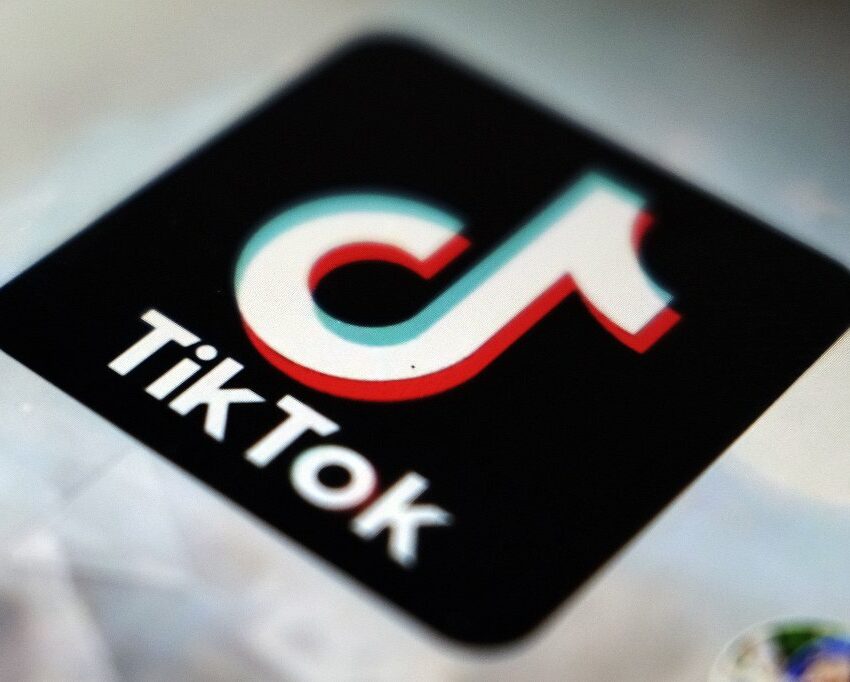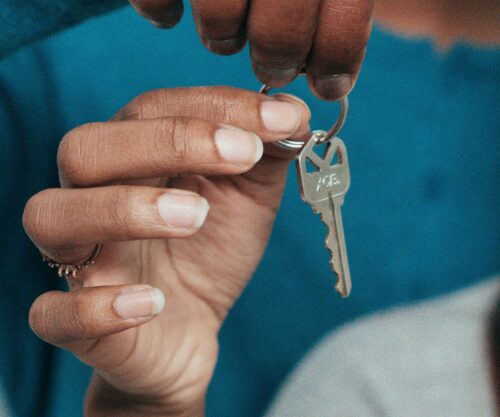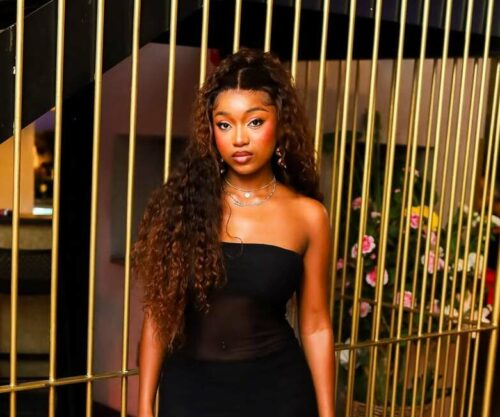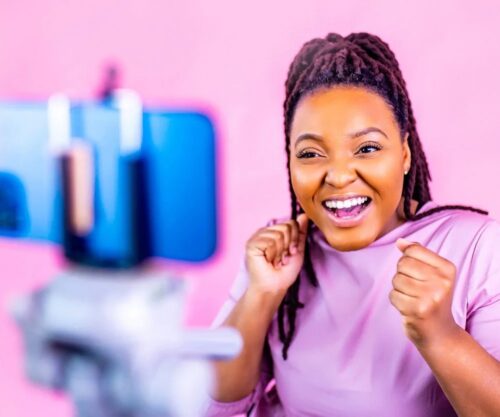
TikTok is tightening its grip on harmful content in South Africa, and the timing couldn’t be more telling. In recent weeks, users have taken matters into their own hands, reporting local influencers accused of promoting the controversial Alabuga Start programme, which allegedly lured young African women to work in Russian factories.
Two familiar names, Cyan Boujee and Siyamthanda Anita, have been at the centre of the storm. A quick search for their accounts now shows nothing, suggesting user reports and TikTok’s moderation tools may have caught up with them.
The Alabuga Start controversy
The scandal broke late last year, when reports surfaced that the Russian-backed Alabuga Start programme was targeting women from Central and East Africa. South Africa’s Department of International Relations stepped in quickly, with Clayson Monyela, Head of Public Diplomacy, warning young people to steer clear of overseas schemes that sound “too good to be true.”
The fallout spilled onto social media, where frustrated users began flagging the influencers who had given the programme visibility. On TikTok, reporting tools allow anyone to highlight accounts that impersonate others, post unsafe content, or push sensitive material.
Tik Tok doesn’t play, they banned Cyan Boujee 😭😭😭😭😭 pic.twitter.com/I3Km5WFpli
— ツ Oriana (@Oriana_RSA) August 27, 2025
A bigger push for safety
Against this backdrop, TikTok released its Community Guidelines Enforcement Report for Q1 of 2025, showing just how much content moderation has ramped up.
-
1.1 million videos were removed in South Africa in the first three months of the year—a 17% increase compared to late 2024.
-
Almost 99.6% of violating content never made it to user feeds, as the platform proactively took it down before it could spread.
-
94.3% of flagged content was deleted within 24 hours, proving that TikTok’s blend of AI and human moderators is catching problems faster.
-
More than 107,000 accounts were permanently removed for violating community rules.
Local reaction: applause and frustration
On South African TikTok, reactions have been mixed. Some users praised the platform for cleaning house, saying the crackdown was long overdue, especially in a country where scams and unsafe schemes spread easily online. Others, however, raised concerns about censorship, arguing that ordinary creators often get caught in the crossfire while high-profile influencers escape scrutiny, until public pressure forces action.
Why this matters
TikTok’s influence in South Africa is massive. With millions of young users, the app has become both an entertainment hub and a risky arena where misinformation, scams, and unsafe promotions can spread quickly. The Alabuga Start saga shows just how easily trust can be manipulated and why strong community reporting systems matter.
TikTok’s numbers suggest progress, but whether users feel safer is another story. For now, one thing is clear: South Africans aren’t waiting around for Silicon Valley to act. They’re using the reporting tools themselves, holding influencers and platforms accountable in real time.
{Source: IOL}
Featured Image: X {@AJEnglish}




